I recently reached Taylor Ashton in a lodge at Glacier National Park in Montana. Gearing up for shows in Colorado—his first real foray in front of audiences since the COVID lockdown—Ashton was in a liminal sort of space. A restless soul by nature, he has found myriad ways to weather the challenges of the past year-and-a-half and is eager to see what lies ahead.
Ashton’s peripatetic drive informed the multi-year process to record his first solo effort, The Romantic (2020), which was literally years in the making. The timing on that release was not exactly ideal given that the world went into COVID mode shortly after. Locked down in Brooklyn, unable to tour on that album, Ashton accessed the proverbial hive mind to develop new pathways for musical expression. At the suggestion of Signature Sounds president Jim Olsen, he sent songs from The Romantic out to a variety of artists to see what they might make of them. The result was Romanticize, an eclectic EP from this past February that offers half a dozen new versions of earlier tracks.
The synergies between strong songwriting and imaginative production are evident on the remix of “If You Can Hear Me” from Kristin Slipp & Cole Kamen-Green (aka mmeadows). The Brooklyn duo contribute atmospheric grooves and layered vocals, rendering all the more plaintive the beginning of Ashton’s refrain: “If you can hear me, give me a sign.” The remix of “Nicole,” on the other hand, showcases the HipHop/R&B/Trap vibe pioneered by LiteShado. In this radical departure, what comes across as delusional in the original (“You are coming home tonight” is repeated multiple times after a litany of chronological impossibilities), feels like a sure thing accompanied by LiteShado’s infectious beats.
These tracks exemplify Ashton’s open ethic, rather than fixed aesthetic, for the entire project. Since he had already recorded what felt to him to be definitive versions of the tracks for the original album, Ashton was fully committed to whatever came back over the transom.
“F.L.Y. (Banjo version),” on the other hand, represents a return to his roots, trading in the layered acoustic guitar and vocal harmonies of the album version for a sparse banjo-and-voice approach. The claw-hammer banjo featured prominently in his performances with the Canadian folk/rock group Fish & Bird, which Ashton co-founded and co-fronted for almost a decade. The banjo was also central to Ashton’s relocation strategy as he busked in New York subways after his arrival in the Big Apple. In a memorable passage in the song, Ashton sings “I can’t tune you out, I can’t change my tune, I can’t see that changing anytime soon.” Neither the tune nor the musician has changed in between the original and the new iteration, but the song feels new nonetheless.
| Friday, July 9, 8:00 p.m. | Aggie Theatre | Fort Collins, Colo. |
| Sunday, July 11, 8:00 p.m. | Rachael & Vilray | Boulder, Colo. |
| Wednesday, July 11, 8:00 p.m. | Rachael & Vilray | Chicago, Ill. |
| Saturday, August 28, 12:00 p.m. | The Green River Festival 2021 | Greenfield, Mass. |
It is worth noting that “F.L.Y.,” which appeared at the beginning of the album, comes last on the EP. The first cut (and first single) on the EP stands in its own space. “Alex” features Ashton’s wife Rachael Price (of Lake Street Dive). While the other tracks on the EP were built from the diffuse webs of internet collaboration, “Alex” grew out of a different 2020 modality: the livestream. As Ashton and Price were stuck at home during the quarantine, they were generally present for each other’s webstream efforts. What began with Price contributing harmonies during the chorus morphed into her taking the whole second verse and winding around Ashton’s voice in a soaring bridge. Their vocal interplay moves “Alex” beyond the realm of the “featuring” mixes so prevalent in contemporary production and imparts the truly collaborative vibe of duets like Johnny and June Carter Cash, George Jones and Tammy Wynette, or Jason Isbell and Amanda Shires.
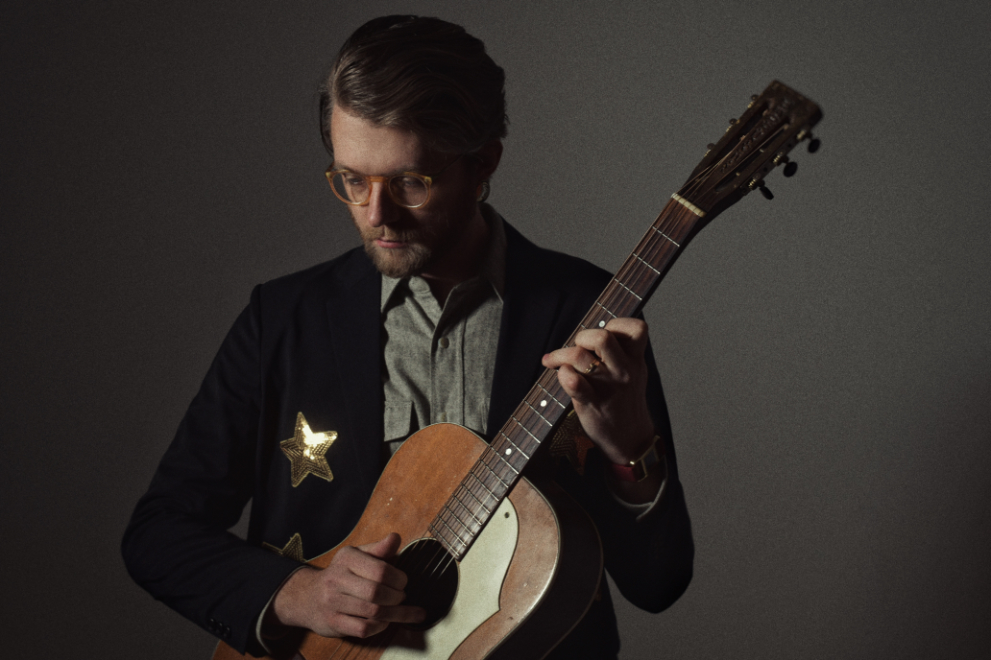
Ashton concedes that he never really got comfortable with the livestreaming that proved central to many musicians’ livelihood this past year. As soon as the lockdowns began to ease, he conceived of a new odyssey. The road itself proved to be a fertile collaborative space this spring, as Ashton drove from New York to Los Angeles with multiple different stops along the way. The goal: to play and write with musician friends between the coasts, all of which he captured in culminating recording sessions in L.A. Ashton is hoping to release that yet-to-be-named project next spring.
In addition to writing, playing and recording, Ashton is conceptualizing some sort of graphic novella to accompany the album. In demand to supply art for other musicians, he also drew the covers of his own solo releases. For him, visual and musical creation reinforce each other; his work in one medium can often free up new pathways when he feels stuck in another.
A more immediate challenge is Ashton’s return to the stage, which occurs this weekend in Colorado. Fans in Western MA will have the opportunity to catch Ashton in action at The Green River festival in late August. He is looking forward to sharing that venue with multiple artists on the Signature Sounds roster. Having spent many years on the Canadian folk-festival circuit, he is excited to experience the burgeoning Americana scene on this side of the border. It’s hard to predict what other kinds of boundaries Taylor will negotiate in the meantime, but his delivery is bound to be compelling for fans of this one-of-a-kind artist.

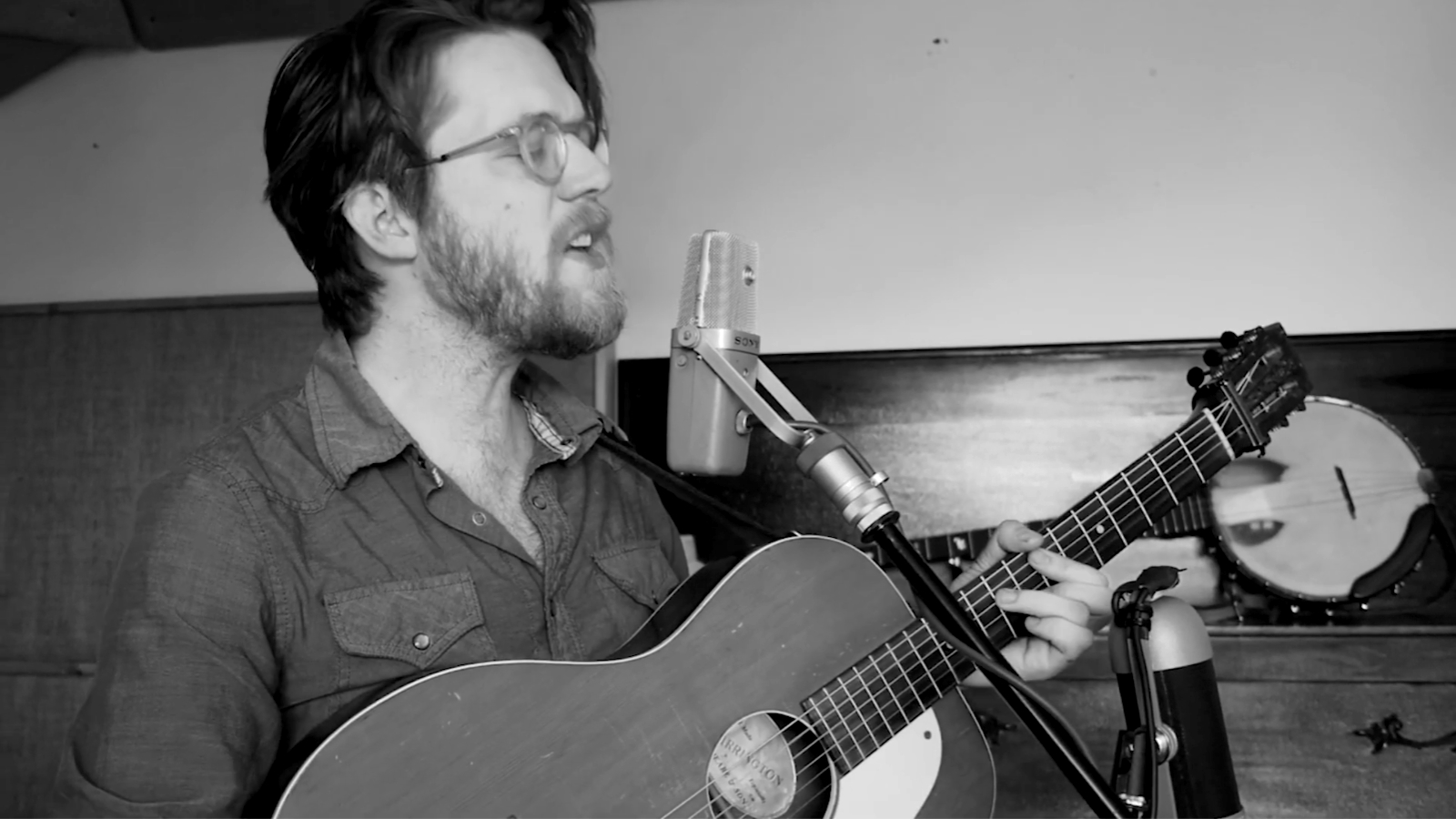

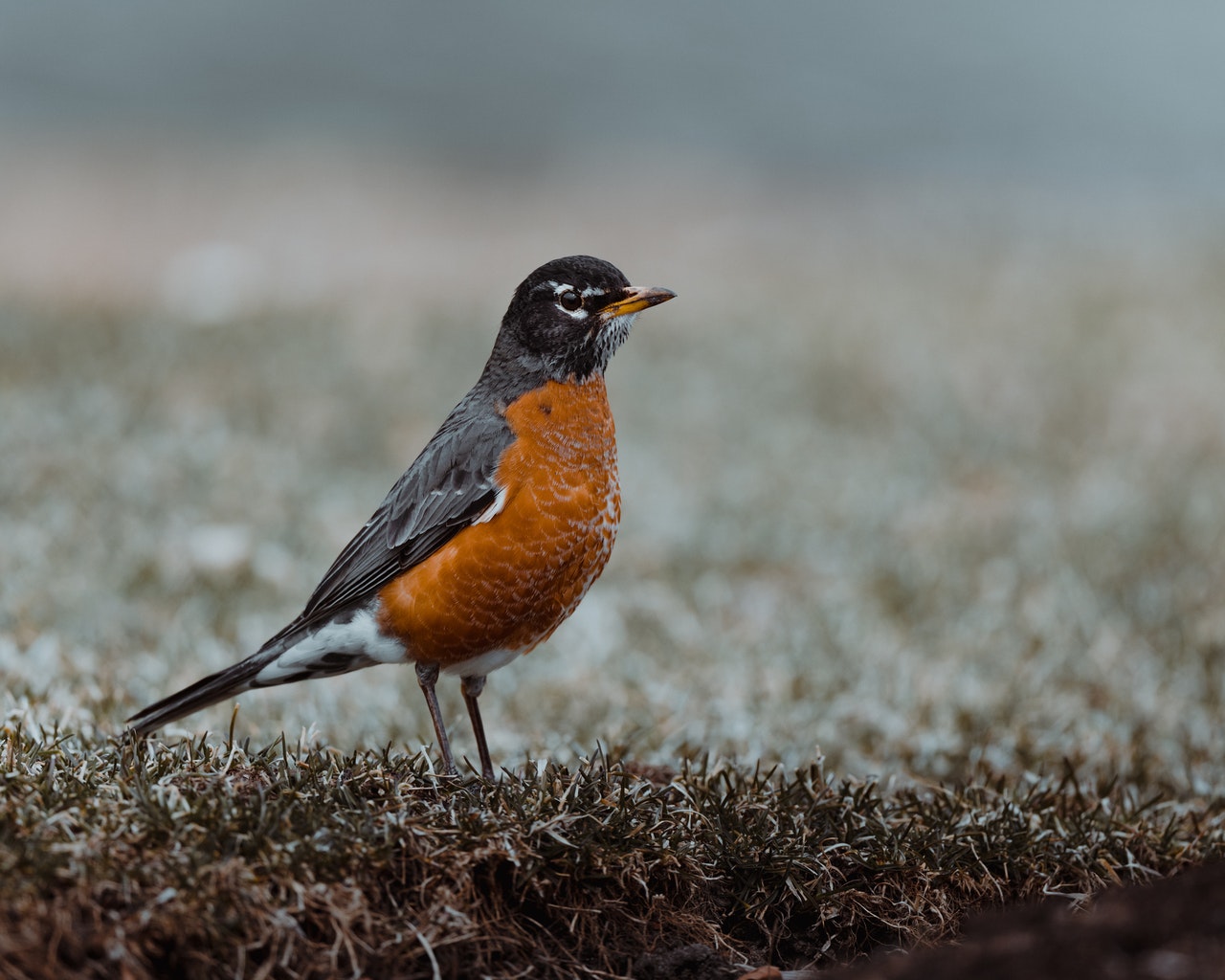
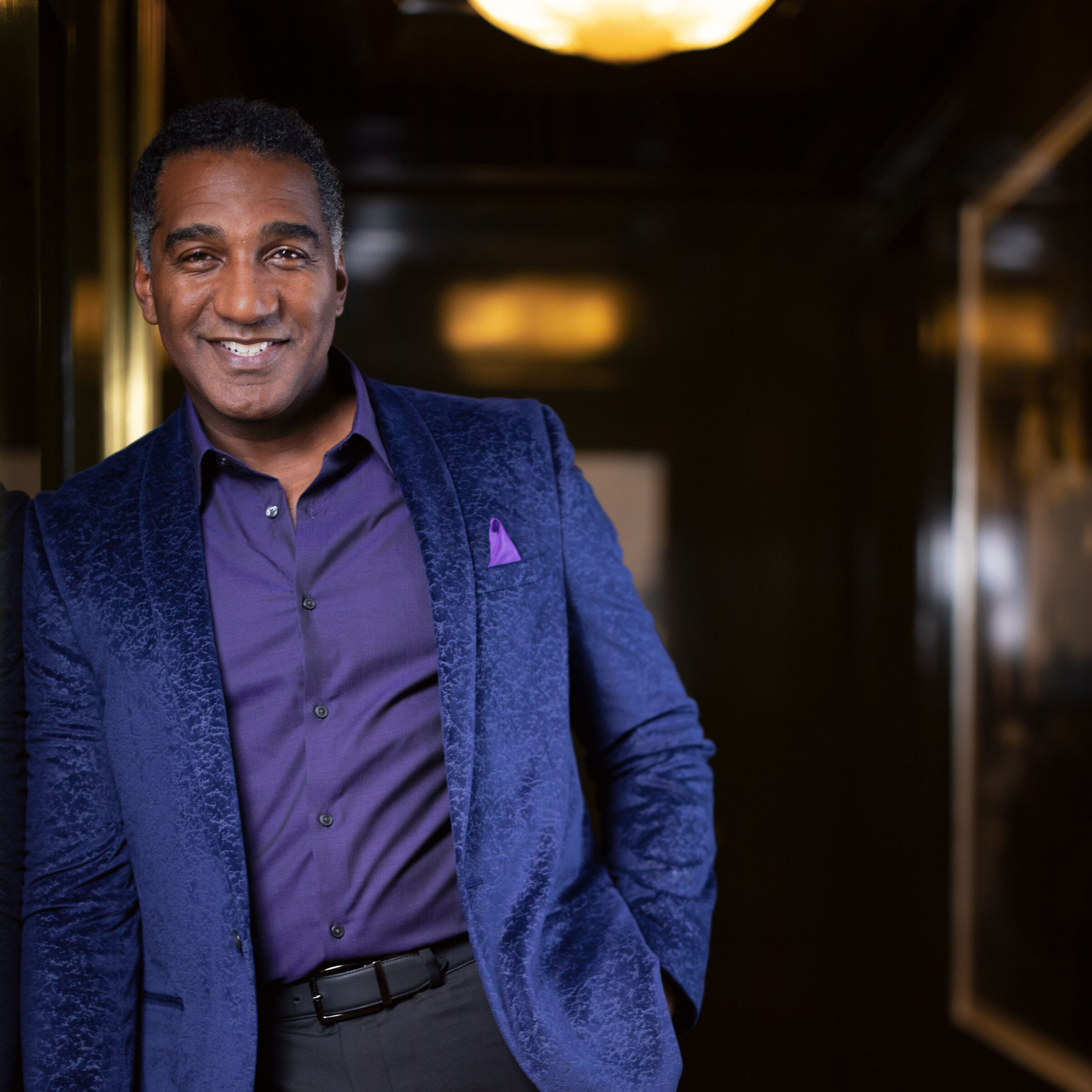
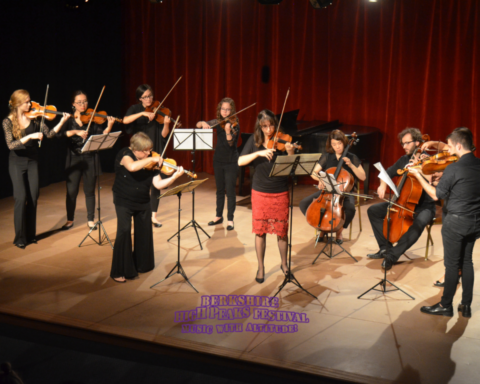
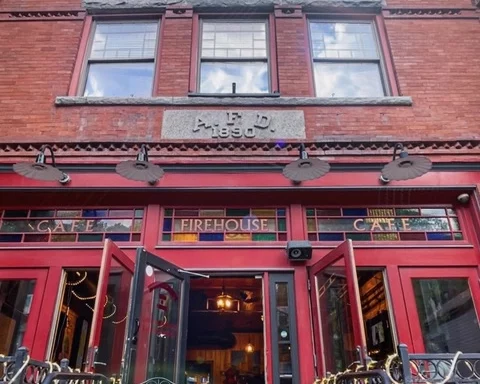

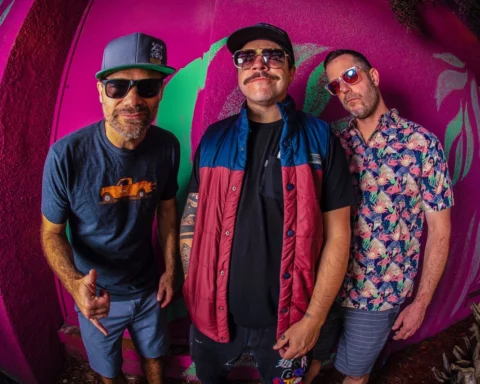
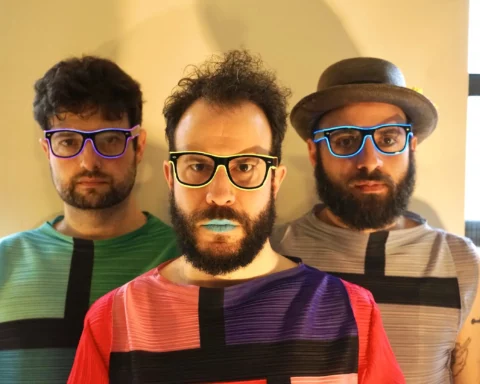









You must be logged in to post a comment.